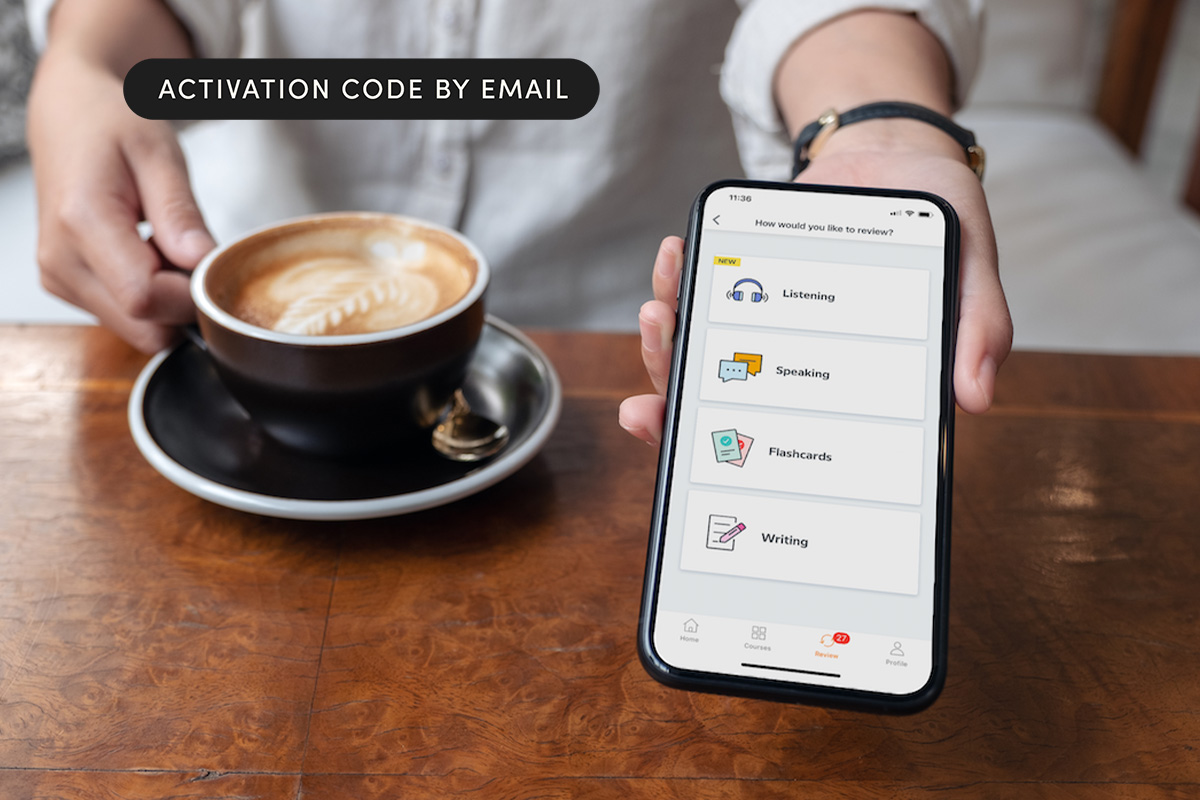
Invalid Date
Open up a wide range of opportunities with IT-based certifications.
Photo via Priscilla Du Preez on Unsplash
TL;DR: Getting certified in Microsoft can set you on a new career path, add skills to your resume to help you advance in your role, or lead to other certifications to turbocharge your professional life.
Whether you're starting a new career or are at a crossroads in your current one, there are lots of appealing options to consider, especially in the oh-so-in-demand tech world. If you want to become a programmer or IT specialist, it's worth considering a path of specialization that will make you a more attractive hire for niche opportunities.
A lot of people begin by studying larger areas of focus, which is why you might get a Microsoft certification, or you might study CompTIA, Windows PowerShell, or other popular specialties.
Fun fact: A 2018 Pearson VUE report gathered that roughly 37 percent of IT professionals claimed that certification helped them perform complex tasks more efficiently (yes, that links to a Microsoft page, but there's a link to the Pearson report, among other studies and reports).
A Microsoft certification is a confirmation that you’ve studied and passed an exam proving your expertise in a specific area.
Some of the most popular and sought-after certification paths within Microsoft include Dynamics 365 and Power Platform. These certification experiences are designed to help users become qualified consultants and specialists who can work in sales, marketing, development, and more.
As you read into the training, review study guides, and get an idea of the types of exams you might wonder whether or not the broader Microsoft universe is where you want to start your certification journey.
Microsoft is a well-known, global leader in tech with productivity tools and software solutions that we've all used. With so many businesses using Microsoft 365 for cloud-based services and Power Platform for app development and programming, there's regularly a large demand for consultants, specialists, and experts.
Microsoft is just one area of the IT world. Perhaps another specialty area suits your interests more, and you're ready to broaden your horizons.
CompTIA describes itself as the "industry standard" for launching IT careers. Devoted to teaching core technologies including virtualization, networking, and security, this certification hub is arguably the most widely applicable resource online.
CompTIA is well-suited for beginning coders with courses on basics like computer hardware, software, and basic IT concepts. Studying or getting certified here could work as a helpful precursor to getting a Microsoft certification.
Similar to Microsoft, Amazon is a powerhouse of a tech hub, but unbeknownst to many, its web services are a leading money-maker. With this in mind, taking the steps to become a certified AWS (Amazon Web Services) architect developer could theoretically open up a wide range of employment opportunities.
AWS is a platform designed to provide on-demand cloud computing solutions and APIs to everyone—from individuals and small businesses to large corporations and governments—so there's no shortage of job security around AWS skills.
You can study for AWS certification for as little as $35 and, in the process, get in-depth access to content on AWS fundamentals, DevOps with AWS, AWS CloudWatch, and more.
When you've put in the time and studied enough, you can schedule a certification exam directly with Amazon Web Services with the skills to be able to brag about passing it.
There are a lot of reasons why getting a Microsoft certification is worth your time and why exploring a similar route with CompTIA, Amazon, or a similar entity might be just as valuable.
Take some time to explore the employment opportunities out there, examine your interests, and consider other possible certification routes by studying cybersecurity, for example, or even the Python coding language to open up even more doors.
If you are interested in a Microsoft certification, you can always complement it by learning and seeking expertise in areas like Microsoft Excel and Power BI, too.
At the end of the day, there is no one-size-fits-all solution. You could get a Microsoft certification first, take the time to learn and secure a job in that field, and then set off for a new certification with Python, or even AWS after that.
The more topic areas you can specialize in, the more opportunities you will be qualified for. And whatever your focus is, you'll be on the path toward industry-respected certification.
StackSocial works with a variety of merchants and brands to bring you deals worth talking about. We may earn a commission on purchases made through our links. Prices subject to change.
Sign Up For Our Newsletter
Sign up to see our latest collections, exclusive offers & get 15% off.

Invalid Date

Invalid Date

Invalid Date

Invalid Date

Invalid Date

Invalid Date

Jan 2

Sep 18

Aug 19

Jun 24

Jun 12

Apr 18